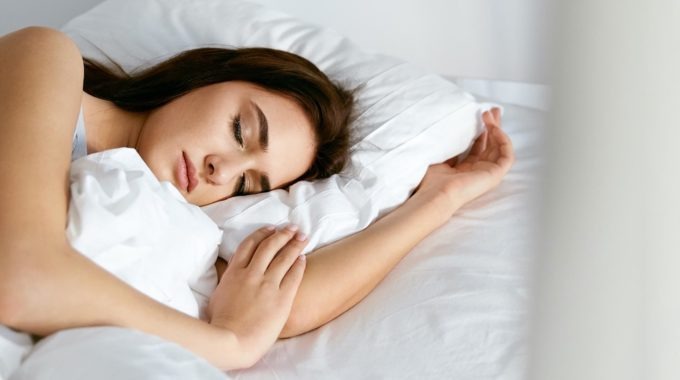What to eat for a good night’s sleep
Forever chasing those 8 hours of solid shut-eye? We hear you. For those of us in lockdown, a disrupted daily routine and COVID-related anxiety is only making it harder to catch that train to Sleepy Town. There’s even a name for it: Coronasomnia. But there are things you can do to help you wind down and enjoy a restful night’s sleep, and what you eat and drink can play a big part in this. We pull on our PJs and cosy up with X50 health expert and dietitian Tara Kaff, who breaks down what you can do to get a better night’s kip.
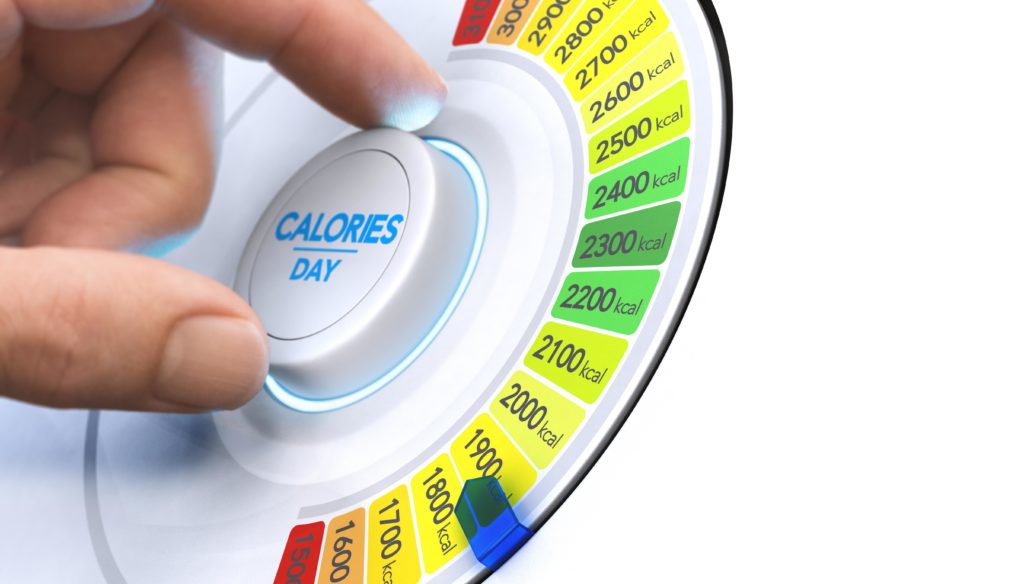
Total daily calorie intake
Believe it or not, the amount of food and drinks we consume can affect our sleep. Studies have shown that if you continuously have a high calorie intake, there’s an association with shorter sleep durations. On the other hand, if you’re in long-term severe calorie restriction, this can also affect sleep. Studies have found that restricting calories for long periods can lead to poor sleep quality and a reduction in restorative deep sleep. Finding that happy medium is the key. It’s worth noting that being in a slight calorie deficit – such as when you’re on a diet – doesn’t have an effect on sleep quality.
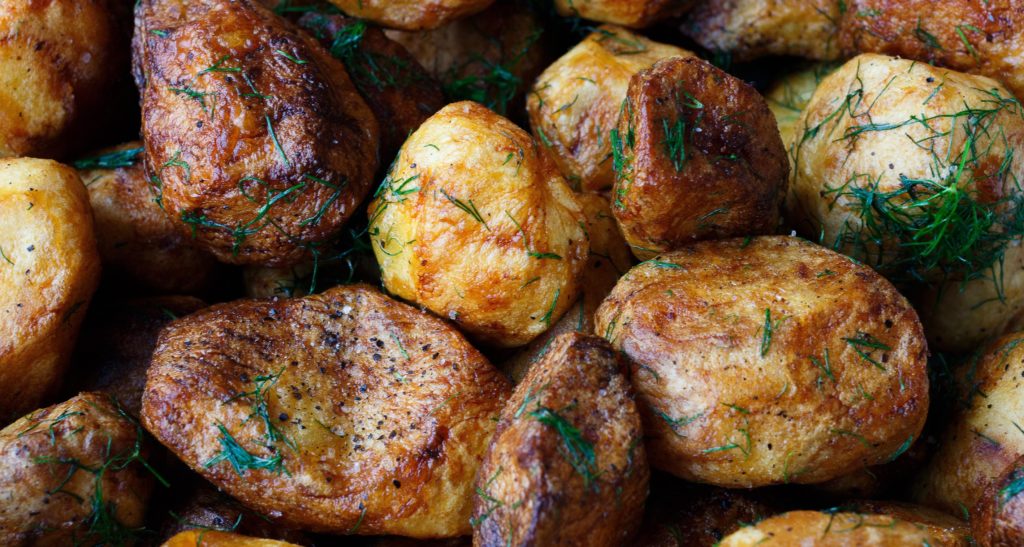
Low GI vs. high GI carbs
The glycaemic index (GI) is a ranking system that scores carbohydrate foods and drinks according to how quickly they raise blood glucose levels. You may have heard of the terms “simple” and “complex” carbohydrates. This is a similar concept, but the glycaemic index is far more comprehensive than simply classifying foods into two categories.
The lower the GI, the slower carbs are absorbed, causing blood sugar levels to rise slowly. In comparison, high GI carbs raise blood sugar levels a lot more quickly. Another important note: this system doesn’t determine how healthy foods are. You can eat healthy, nutrient-dense foods that are high GI. Both low and high GI foods have a place in a healthy diet.
But back to sleep: a study done in 2018 investigated the effect of glycaemic index on sleep quality and quantity. The main findings revealed that a high GI meal post-exercise extended sleep duration by 17 percent, improved sleep efficiency by 8 percent and reduced the amount of time it took to fall asleep by four times compared to a low GI meal post-exercise. Sleep scientists at the University of Sydney also found that high GI meals increase levels of tryptophan – an amino acid known to induce sleepiness.
Examples of healthy high GI food choices include baked potatoes, watermelon, wholemeal bread, wholegrain cereal, instant oatmeal and muesli. Consider including them in your dinner or dessert and see if you can trigger a yawn or three.
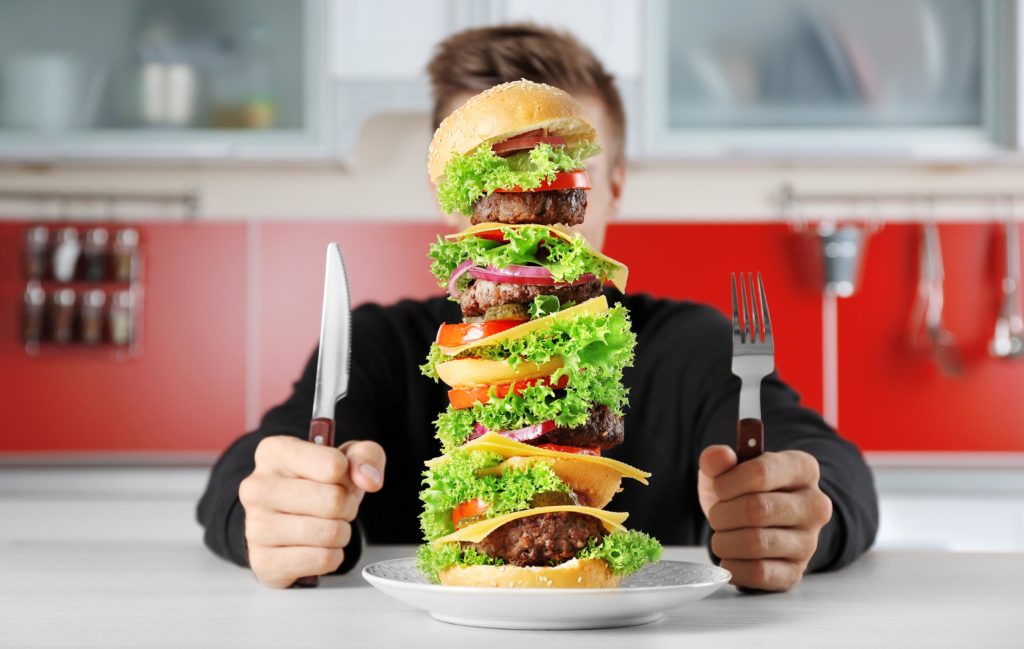
Eating large meals too close to bedtime
More research needs to be done in this area, but we have all heard this before – don’t eat large meals too close to bedtime. Why is this the case? Obviously, a large meal takes the body longer to digest, so while your body is focusing on getting to sleep rather than digesting your food, that food may go indigested or only be partially digested. This can lead to gut discomfort, which then can disrupt your sleep. Additionally, it’s quite common for someone to get heartburn by lying down in bed shortly after a big meal. High-fat meals can also have this effect, as these also take longer for the body to digest.

Good sleep hygiene
Sometimes, if you’re having poor quality sleep, it has absolutely nothing to do with the food you’ve eaten. It could simply be your “sleep hygiene”, or sleep habits. I’ve listed a few tips and tricks here that can help you to improve your sleep hygiene:
• Try to go to sleep and wake up at around the same time every day.
• Listen to your body and sleep when you’re actually tired.
• Keep your bedroom at a lower temperature, but keep hands and feet warm.
• Avoid screen time for at least 30 minutes before bed.
• Invest in a good mattress.
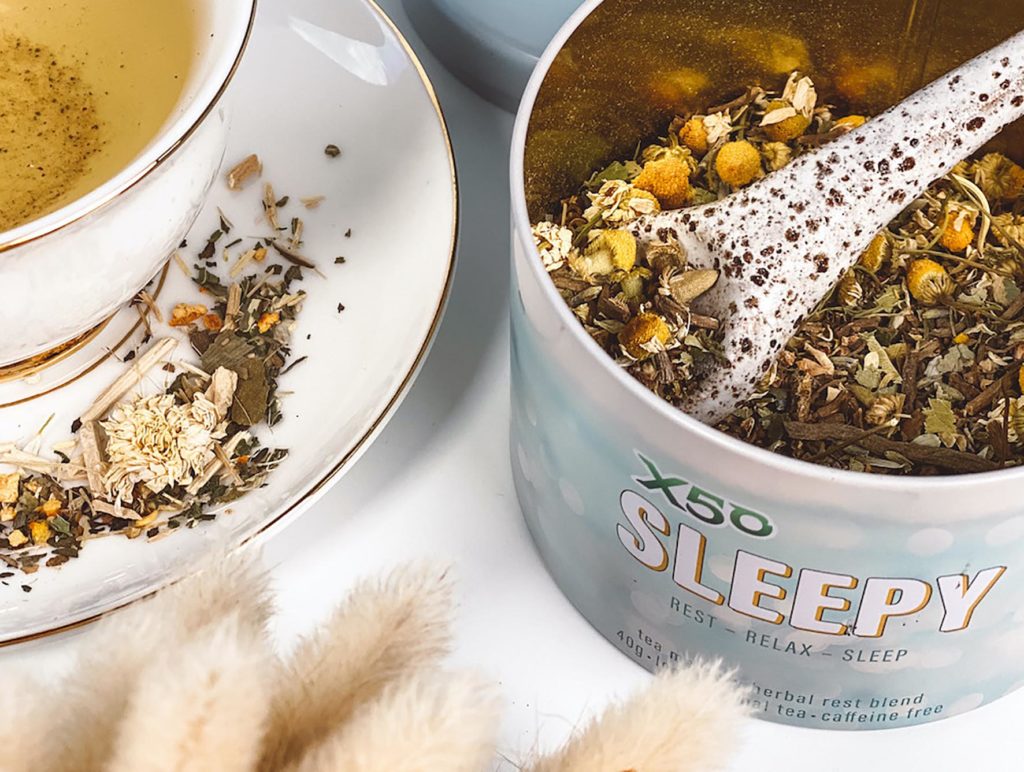
Avoid caffeinated drinks after 1pm
Caffeine has a half-life of about six hours, which means that half of it is still in your system six hours later. It usually takes the average person about 10 hours to completely clear caffeine from the bloodstream. So, simply by not having any source of caffeine six to eight hours before bed, you’re less likely to encounter sleep problems.
Of course, a warm drink before bed can be a soothing night-time ritual. Luckily, there are plenty of caffeine-free options to choose from, such as decaf herbal teas like X50 SLEEPY Herbal Tea. It’s formulated with a tea blend that’s been specifically designed to help put you in a relaxed state and shut those eyes. It contains herbs that have been found to have a positive impact on sleep – valerian root, chamomile, linden flower and lavender.
Tara Kaff is an accredited nutritionist and product developer at X50 Lifestyle.


